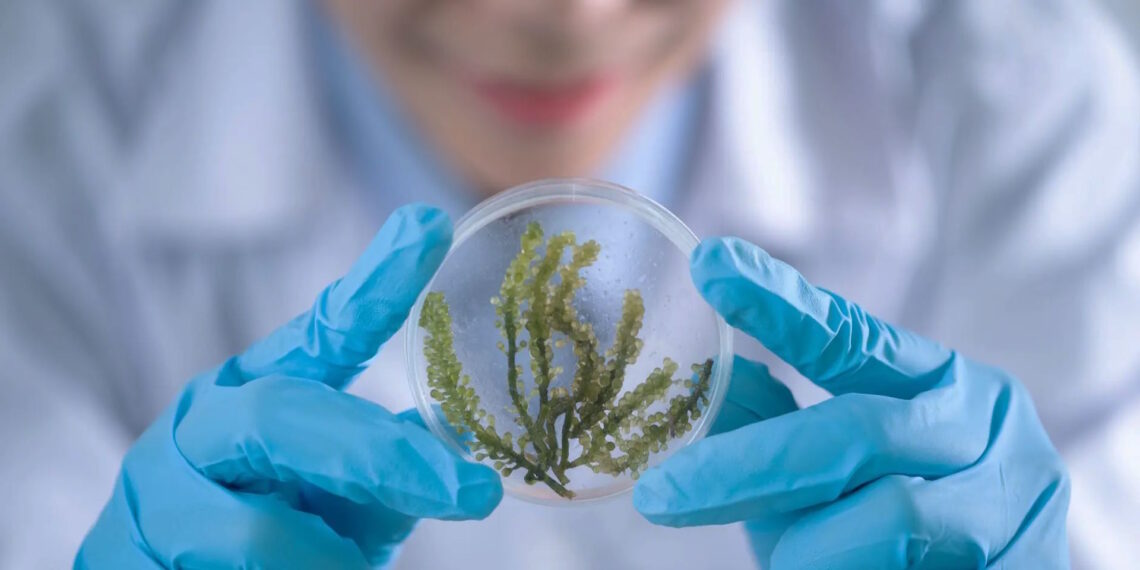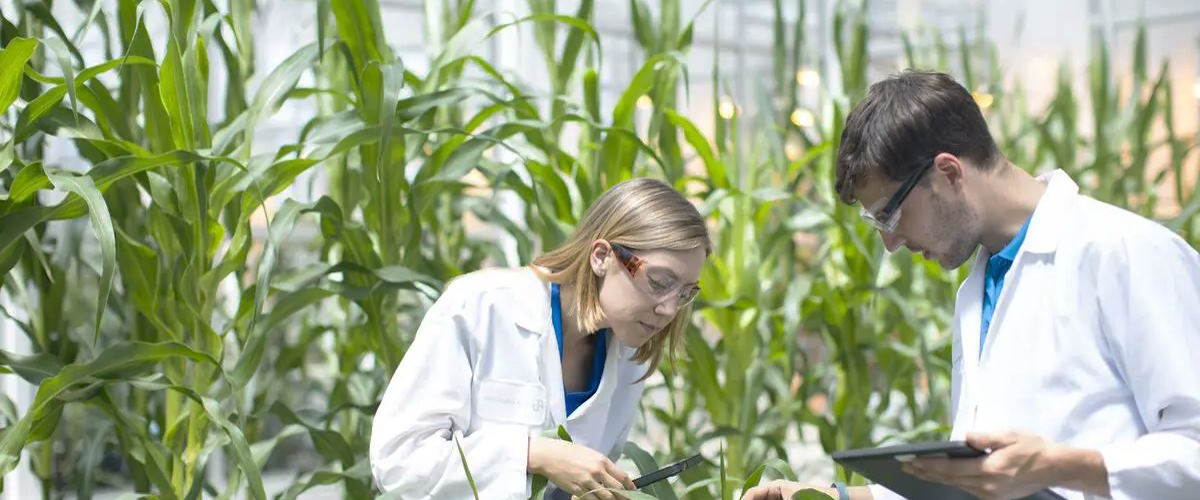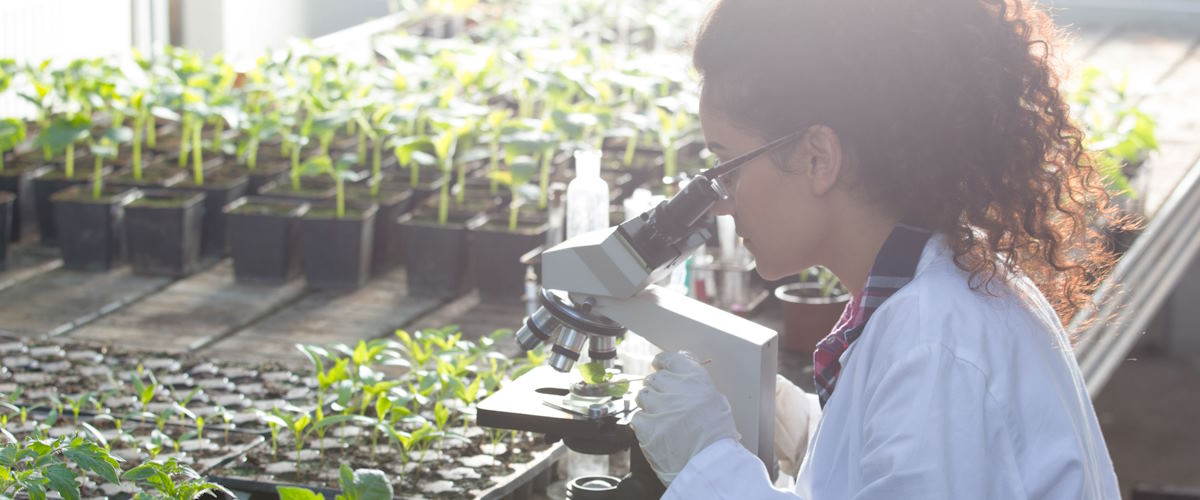How Biotechnology Is Shaping the Future of Agriculture

Biotechnology is revolutionizing agriculture by introducing innovative solutions that improve food security, optimize yields, and promote sustainable farming practices. From genetically modified crops to precision agriculture, biotechnology is shaping the future of food production.
Genetically Modified Crops Enhancing Food Security
Genetically modified (GM) crops are a key component of modern agriculture, offering solutions to address food security challenges. These crops are engineered to possess desirable traits such as:
- Resistance to Pests and Diseases: GM crops reduce the need for chemical pesticides, leading to healthier ecosystems.
- Increased Yield: Biotechnology enables crops to thrive in less-than-ideal growing conditions, ensuring higher yields even in areas with limited resources.
- Enhanced Nutritional Value: GM crops can be modified to contain additional nutrients, contributing to improved diets and public health, especially in regions facing malnutrition.
Sustainable Farming Practices Powered by Biotechnology
Biotechnology is central to developing sustainable farming practices that protect the environment while meeting the growing global demand for food. Key advancements include:
- Biodegradable Pesticides and Herbicides: Biotechnology has enabled the development of eco-friendly pest control methods, reducing harm to beneficial insects and the environment.
- Water Efficiency: Genetically modified crops that require less water contribute to sustainable water use in agriculture, which is crucial in water-scarce regions.
Precision Agriculture Using Biotechnology for Optimized Yields
Precision agriculture uses biotechnology to monitor and manage crops with high accuracy, ensuring optimized yields while minimizing resource usage. This includes:
- Advanced Sensors and Monitoring Tools: These technologies help farmers collect data on soil health, weather patterns, and crop conditions, enabling better decision-making.
- Data-Driven Solutions: By using biotechnology, farmers can tailor their approaches to specific crops and fields, improving efficiency and reducing waste.
Biotechnology is transforming agriculture, providing innovative tools for improving food security, sustainability, and farm productivity. As these technologies continue to evolve, they promise a future where agriculture can meet the demands of a growing global population in an environmentally responsible way.



